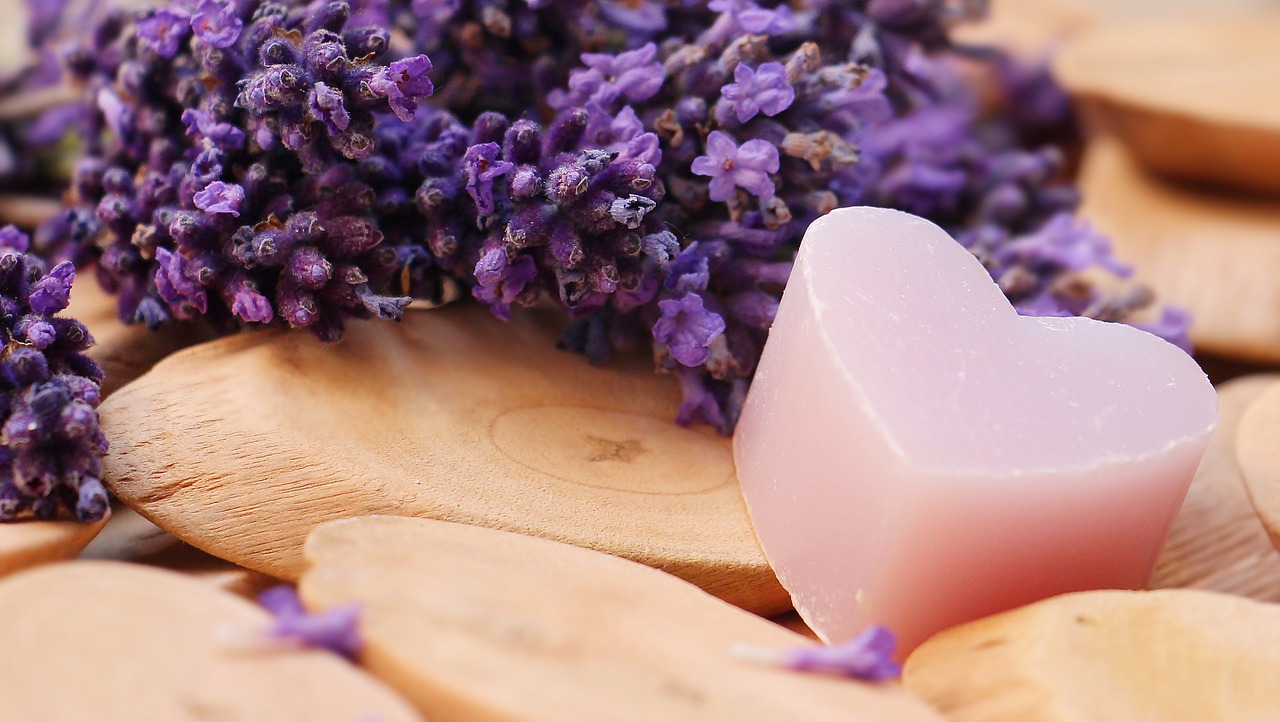Common Names: lavender, English lavender, common lavender, French lavender
Background
- Lavender is native to the Mediterranean region, the Arabian Peninsula, and Russia. It is grown in Europe, the United States, and Australia.
- Lavender has a long history of use to boost appetite and mood, as well as relieve gastrointestinal problems and anxiety. It was also used in ancient Egypt as part of the process for mummifying bodies.
- Today, people use lavender as a dietary supplement for anxiety, depression, intestinal problems, and pain. People also apply it to the skin for hair loss, pain, and for improving emotional health. People may also inhale a lavender vapor to help sleep, to reduce pain, and for agitation related to dementia.
- Tea can be made from lavender leaves. A vapor for inhalation can be made by mixing lavender oil (an essential oil) with boiling water. Lavender oil is used for massage and in baths. Lavender is also found in capsules and liquid extracts.
How Much Do We Know?
- Many studies have investigated lavender’s effectiveness for a number of conditions, such as pain, anxiety, stress, and overall well-being, but several were small and of poor quality.
What Have We Learned?
- There is little scientific evidence of lavender’s effectiveness for most health uses.
- Studies on lavender for anxiety have shown mixed results.
- Results of a 1998 study suggested that massaging the scalp with a combination of lavender oil and oils from other herbs may help with hair loss from a condition called alopecia areata.
What Do We Know About Safety?
- Topical use of diluted lavender oil is generally considered safe for most adults, but reports suggest it can cause skin irritation.
- There’s not enough evidence to determine its safety when inhaled as aromatherapy.
- Some evidence suggests that some topical applications containing lavender oil may affect sex hormone activity.
- Lavender oil may be poisonous if taken by mouth.
- Lavender extracts may cause stomach upset, joint pain, or headache.
Keep in Mind
- Tell all your health care providers about any complementary or integrative health approaches you use. Give them a full picture of what you do to manage your health. This will help ensure coordinated and safe care.
For More Information
NCCIH Clearinghouse
The NCCIH Clearinghouse provides information on NCCIH and complementary and integrative health approaches, including publications and searches of Federal databases of scientific and medical literature. The Clearinghouse does not provide medical advice, treatment recommendations, or referrals to practitioners.
PubMed®
A service of the National Library of Medicine, PubMed® contains publication information and (in most cases) brief summaries of articles from scientific and medical journals. For guidance from NCCIH on using PubMed, see How To Find Information About Complementary Health Approaches on PubMed.
Office of Dietary Supplements (ODS), National Institutes of Health (NIH)
ODS seeks to strengthen knowledge and understanding of dietary supplements by evaluating scientific information, supporting research, sharing research results, and educating the public. Its resources include publications (such as Dietary Supplements: What You Need to Know), fact sheets on a variety of specific supplement ingredients and products (such as vitamin D and multivitamin/mineral supplements), and the PubMed Dietary Supplement Subset
Key References
- Dwyer AV, Whitten DL, Hawrelak JA. Herbal medicines, other than St. John’s wort, in the treatment of depression: a systematic review. Alternative Medicine Review. 2011;16(1):40-49.
- Hay IC, Jamieson M, Ormerod AD. Randomized trial of aromatherapy: successful treatment for alopecia areata. Archives of Dermatology. 1998;134(11):1349-1352.
- Henley DV, Lipson N, Korach KS, et al. Prepubertal gynecomastia linked to lavender and tea tree oils. New England Journal of Medicine. 2007;356(5):479-485.
- Lavender. Natural Medicines Web site. Accessed at naturalmedicines.therapeuticresearch.com/ on April 8, 2015. [Database subscription].
- Perry R, Terry R, Watson LK, et al. Is lavender an anxiolytic drug? A systematic review of randomised clinical trials. Phytomedicine. 2012;19(8-9):825-835.
- Tirabassi G, Giovannini L, Paggi F, et al. Possible efficacy of lavender and tea tree oils in the treatment of young women affected by mild idiopathic hirsutism. Journal of Endocrinological Investigation. 2013;36(1):50-54.
This publication is not copyrighted and is in the public domain. Duplication is encouraged.
- Print this page
- Health Topics A–Z











+ There are no comments
Add yours